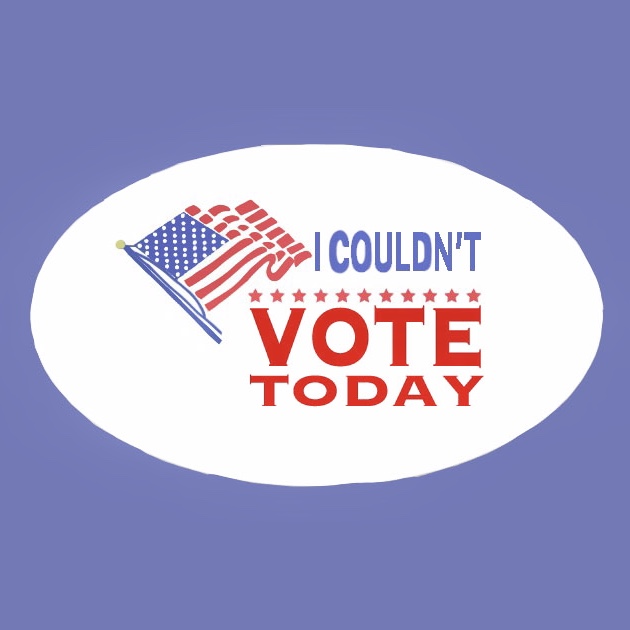Everything is bigger in Texas-including voter suppression
Illustration by Alex Hanks
April 30, 2021
I have issues with a majority of the members of the Texas legislature – they perplex me to say the least. I have issues with the federal legislature too, but that is a separate conversation. In particular, I have beef with Senate Bill 7(SB7) and House Bill 6(HB6).
The bills make it a felony for a public official to distribute an absentee ballot application, or an absentee ballot to anyone who has not requested one; gives the attorney general authority to prosecute volunteers who promote get-out-the-vote campaigns; outlaws the removal of partisan poll watchers, give special rights to intimidate voters; require county-wide polling places to have “approximately the same number of voting machines” as every other county-wide polling place in the county, regardless of variations in population; and prohibits drive-thru voting. I may be wrong, but sounds like voter suppression to me.
Many of the provisions in the two bills target the initiatives in largely urban areas that make it easier to vote. In the 2020 election, Texas experienced its greatest voter turnout, so it makes sense that Republicans would look for ways to suppress the vote of largely Democratic areas. Several civil rights groups have warned the bill could lead to disenfranchisement of people of color and voters with disabilities.
At this moment, all signs point to Republicans on Congress Avenue working tirelessly to take away a right that should be enshrined and fundamental to our democracy based purely on erroneous allegations of voter fraud in the 2020 election. Unfortunately, this isn’t the first time our great state has fallen short on democratic ideals and reinforced voter suppression to further political goals on the unwarranted claims of voter fraud.
During the Era of Reconstruction the Ku Klux Klan emerged, part of their malicious political agenda included keeping African Americans from the polls. When troops left the south after the election of 1876, there was no federal oversight to ensure equality and prevent legal forms of discrimination leading to the disenfrancisement of Black and LatinX Texans.
Following the Reconstruction, the Jim Crow Era reintroduced institutionalized voter suppression with consequences that are still felt today. First, gerrymandering states, precincts and districts were organized to hinder Black political efficacy. Next, poll taxes. In 1902, the Texas legislature amended the Constitution to require citizens to pay an annual poll tax of $1.50-$1.75 to vote. Of course, the tax disproportionately impacted African-Americans, Tejanos and low income whites. Elected officials justified laws- sound familiar?
They say everything is bigger in Texas and that includes voter suppression. It says a lot about a politicians confidence when they are able to accept defeat fair and square and when they are able to make decisions for the betterment of all even if it hurts their chances of re-election. That could never be the Texas lege. This is how I know our vote is powerful because otherwise people would not work so hard to suppress it.







